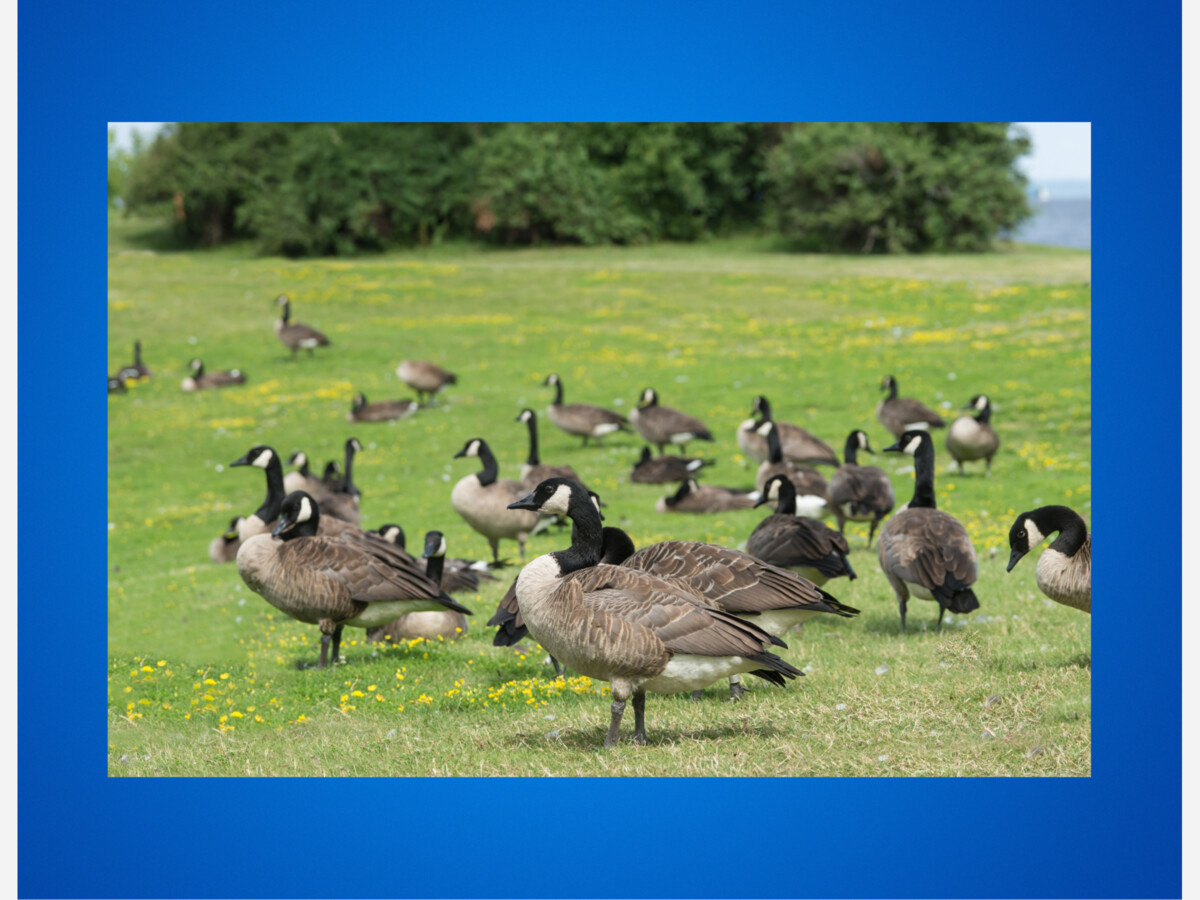Massachusetts state officials this week have advised the public to avoid handling birds that are dead or appear sick, following a suspected outbreak of the Highly Pathogenic Avian Influenza (HPAI), also known as bird flu, which is believed to have caused the death of over 60 Canada geese, swans, and other birds in Plymouth, along with suspected smaller outbreaks in other parts of Massachusetts in recent weeks.
Although it very rarely infects humans, humans who have prolonged closed contact with sick or dead birds are at a higher risk of infection, according to a press release jointly issued by the state’s Executive Office of Energy and Environmental Affairs, Division of Fisheries and Wildlife, Department of Agricultural Resources, and Department of Public Health.
HPAI can infect both wild and domesticated birds and other animals, including pets. Cats are highly susceptible to HPAI and can die from an infection.
To protect yourself and your pets, here are a few tips from state officials and the Animal Rescue League of Boston (ARL):
- Keep your pet at a safe distance from any deceased or sick animal, so that they do not sniff or try to eat the animal. If 5 or more sick or deceased wild birds are found in a single location, please report them at mass.gov/reportbirds.
- To report sick or dead poultry or other domestic birds, call Massachusetts Department of Agriculture Resources Division of Animal Health at 617-626-1795.
- Stop your cat or dog’s raw diets. ARL reports that a number of cats have become ill and died due to consuming uncooked meat or unpasteurized milk, and that although rare, pets can contract the bird flu from eating a raw diet. The Food and Drug Administration is requiring cat and dog companies to update their safety plans to further protect against bird flu.
- Know the symptoms of bird flu. Cats may become lethargic, have low appetite, reddened or inflamed eyes, eye or nose discharge, or a fever. They may exhibit respiratory distress and neurologic signs like tremors, seizures, lack of coordination or blindness. If your cat exhibits any of these symptoms, contact your veterinarian right away, and mention possible bird flu exposure if there has been such exposure. This can help ensure that precautions are taken to prevent a possible infection from spreading.
You may also be interested in:
